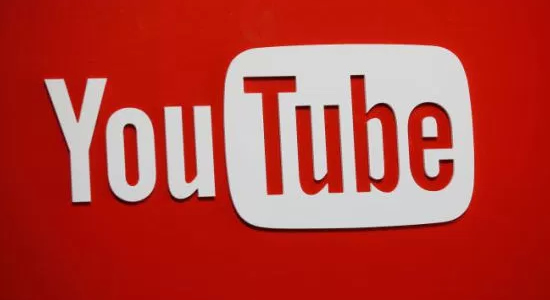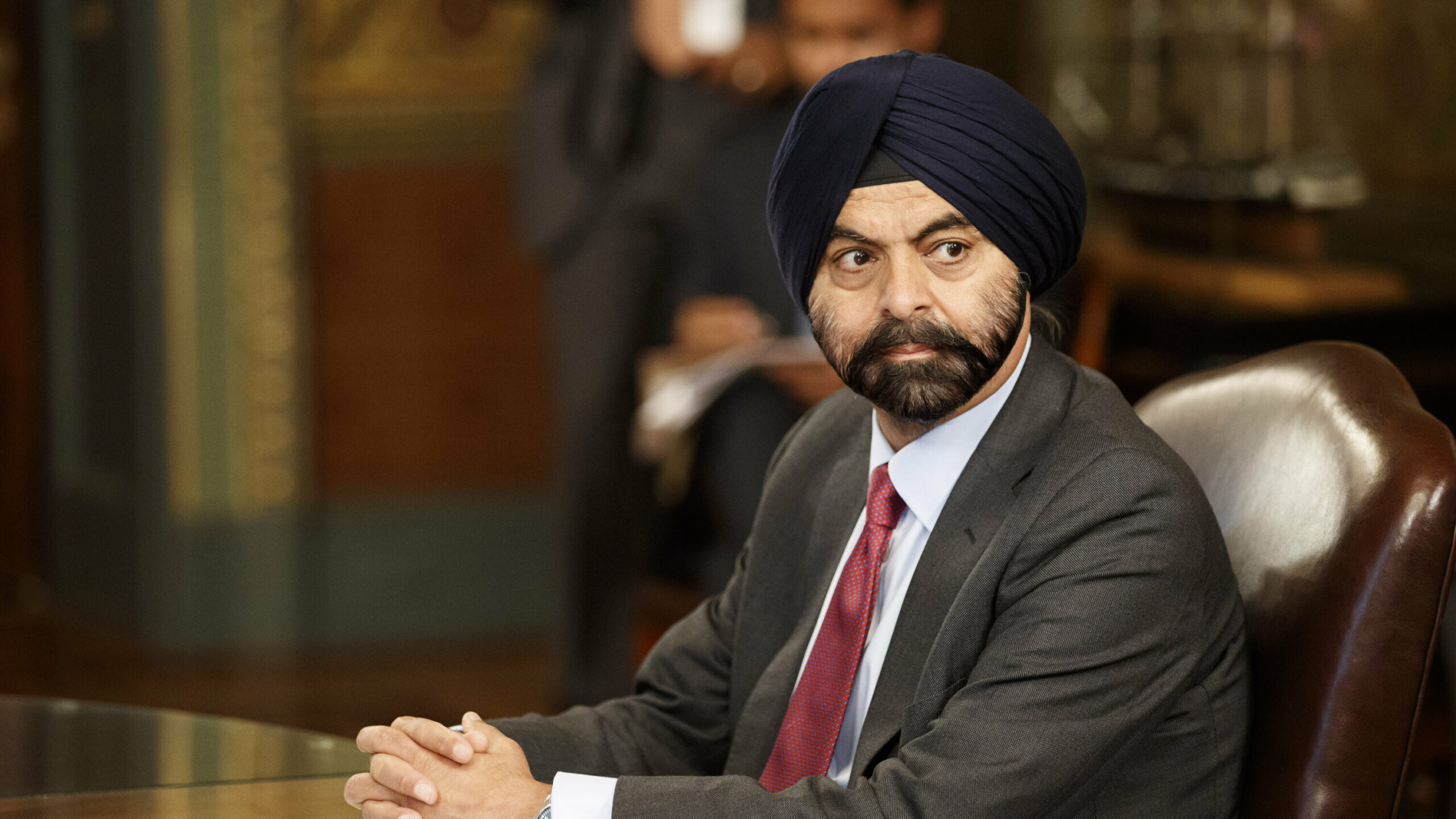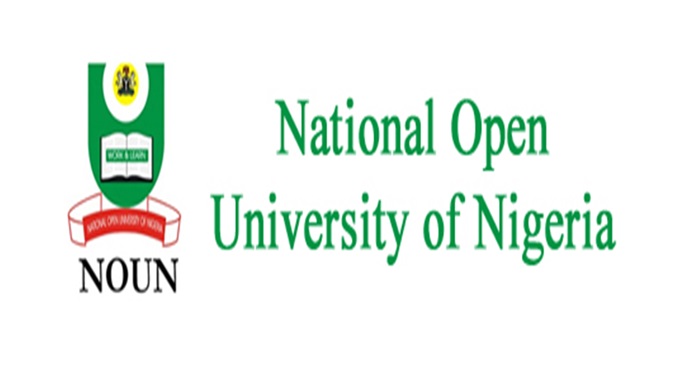The online video giant has pulled hundreds of videos after a BBC investigation found more than 250 channels had mid-video ads for EduBirdie, a Ukraine-based essay cheating service. YouTube had given some of these channels until May 4th to edit the ads out of their videos, but not all of them made it before the cut-off point.
It's not certain if YouTube will let users re-upload videos without the ads. The promos aren't strictly illegal, but they do violate YouTube's ad policies.
Following the BBC’s investigation, YouTube notified influencers to say that it would take down videos that didn’t comply with its policies.
Not surprisingly, those affected are upset. In some cases, they've lost months' worth of video in a heartbeat.
They've also complained that YouTube didn't do enough to communicate its policies on ads like these, although that argument only holds so much water given that EduBirdie was clearly intended for cheating.
YouTube has promised changes: it'll be "working with creators going forward" to help them understand that these ads aren't acceptable. It still faces an uphill battle, though. It's not easy to detect baked-in ads like this, as they often vary significantly from video to video -- unlike music, YouTube can't just scan for familiar cues. Moreover, many video creators don't fully understand policies even when content are potentially illegal. It could be a long, long while before unscrupulous ads become a rarity.
In a statement to the BBC, EduBirdie parent company Boosta says that it gave “influencers total freedom on how they prefer to present the EduBirdie platform to their audience in a way they feel would be most relevant to their viewers.”
In the last decade, an entire industry geared towards ghostwriting papers for students of all levels has appeared, allowing grade, college, and graduate students to cheaply purchase work to pass their classes. In 2010, the Chronicle of Higher Education published a report by Ed Dante (who later revealed himself as Dave Tomar) called The Shadow Scholar, in which he claimed to have helped write thousands of pages of academic work for students, facilitated through a website like EduBirdie.




















